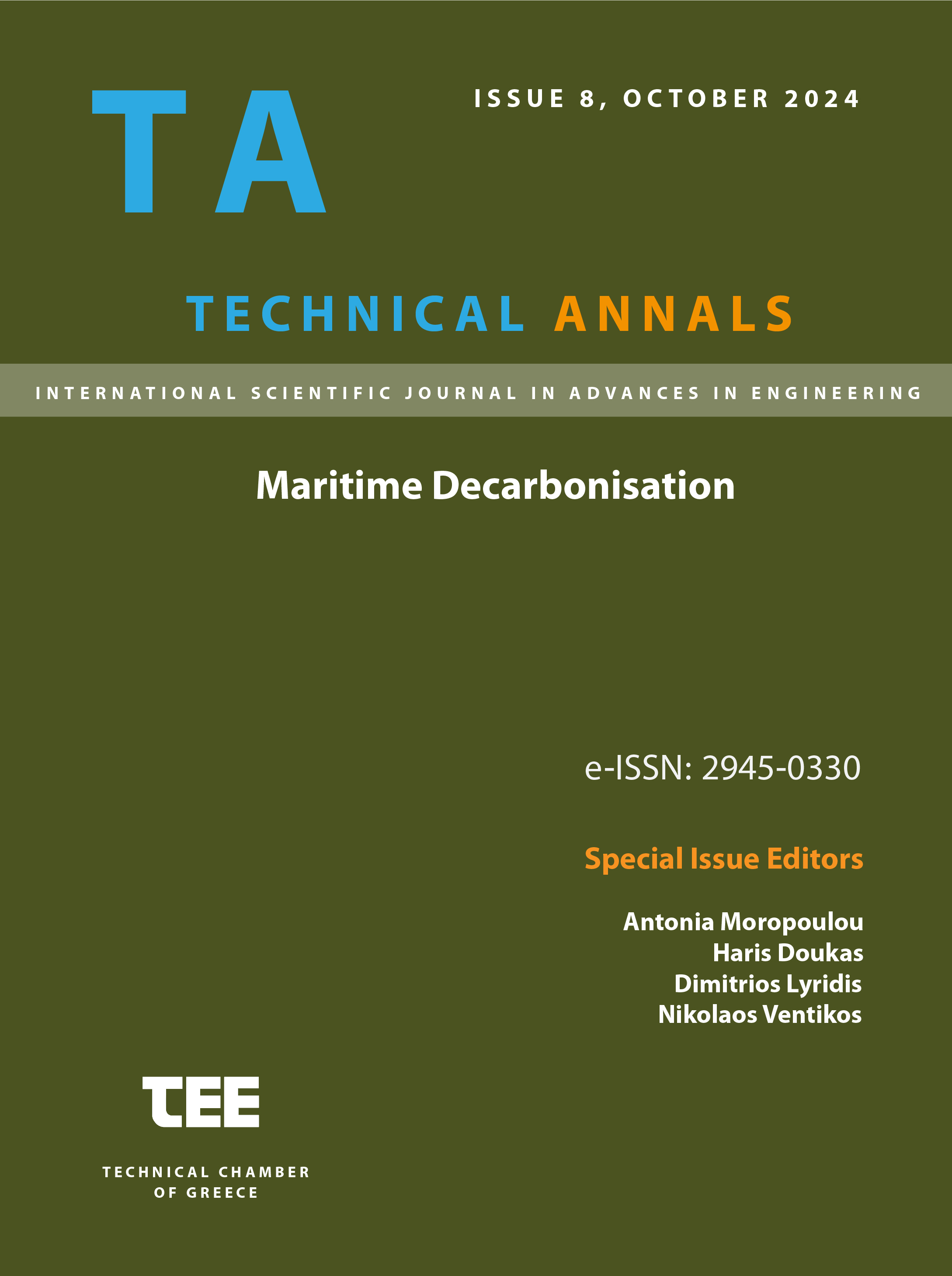Traditional shipyards: transition from the past to the future in the light of sustainable development

Abstract
Arsenals are acting as traditional shipyards not only for the production of the wooden ships required today but also for ship repairing industrial activity which is very intense in the Eastern Mediterranean with emphasis in Greece. In Greece, 300 arsenals were developed and functioned in the last 200 years. From these, only 60 to 70 survive today even though the demand for industrial activities is augmenting. On the contrary, in international competition, arsenals producing new wooden ships for tourism, sailing, and fishing uses are emerging, and becoming significantly competitive. Institutional challenges, like the licensing of land use in the seashore, and short-term contracts at high prices are dramatically testing the viability of arsenals all around Greece and mainly in the Aegean. Arsenals, which were proven resilient through the centuries and under threats like environmental stresses, wars, and enemy’ attacks, are today deteriorating. The Athens Call to Save the Arsenals addresses not only environmental concerns but also positions the traditional ship repair industry as a key player for sustainability and responsible tourism, sailing, fishing and trade practices.
Article Details
- How to Cite
-
Mazarakos, T., Vasileiadis, V., Lyridis, D., Pappas, D., Sarantidis, S., Costas Triandafyllos, & Moropoulou, A. (2024). Traditional shipyards: transition from the past to the future in the light of sustainable development. Technical Annals, 1(8). https://doi.org/10.12681/ta.41872
- Section
- Naval Coastal and Maritime Design Engineering and Planning

This work is licensed under a Creative Commons Attribution-NonCommercial-ShareAlike 4.0 International License.


